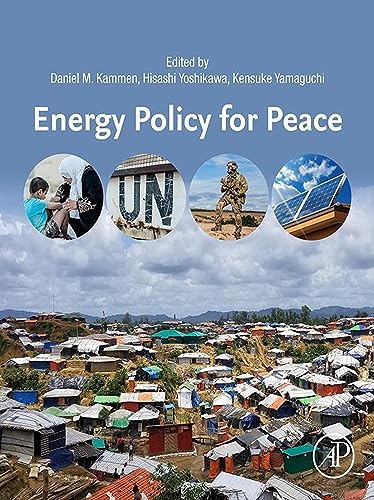
Increasing global access to energy has been promoted as a crucial element of sustainable development and peacebuilding. Despite this focus, researchers are unsure if structural violence— which employs social structures and institutions to perpetuate inequities or cause harm—can be mitigated or exacerbated through the development of clean and renewable energy systems.
Energy Policy for Peace, a new book co-edited by Energy and Resources Group professor Daniel Kammen, explores how energy systems can be changed to foster positive peace. The book opens by reviewing how energy inequities strengthen structural violence before delving into case studies from Kosovo, Vietnam, Colombia, and other nations. These real-world examples help demonstrate that increasing access to energy may be an important tool in mitigating structural violence, and provide stakeholders with a toolkit of policy options that have been employed elsewhere.
By systematically organizing the knowledge available on the subject, Energy Policy for Peace delivers practical policy advice in building theoretical alternatives to current energy systems, which can lead to a more peaceful and sustainable future.
The book was co-edited by University of Tokyo project professors Hisashi Yoshikawa Kensuke Yamkaguci. Among its dozen global contributors are ERG PhD candidate Samira Siddique and University of North Carolina professor Noah Kittner, PhD ’18 Energy and Resources.
Learn more about the book at the publisher’s website.
